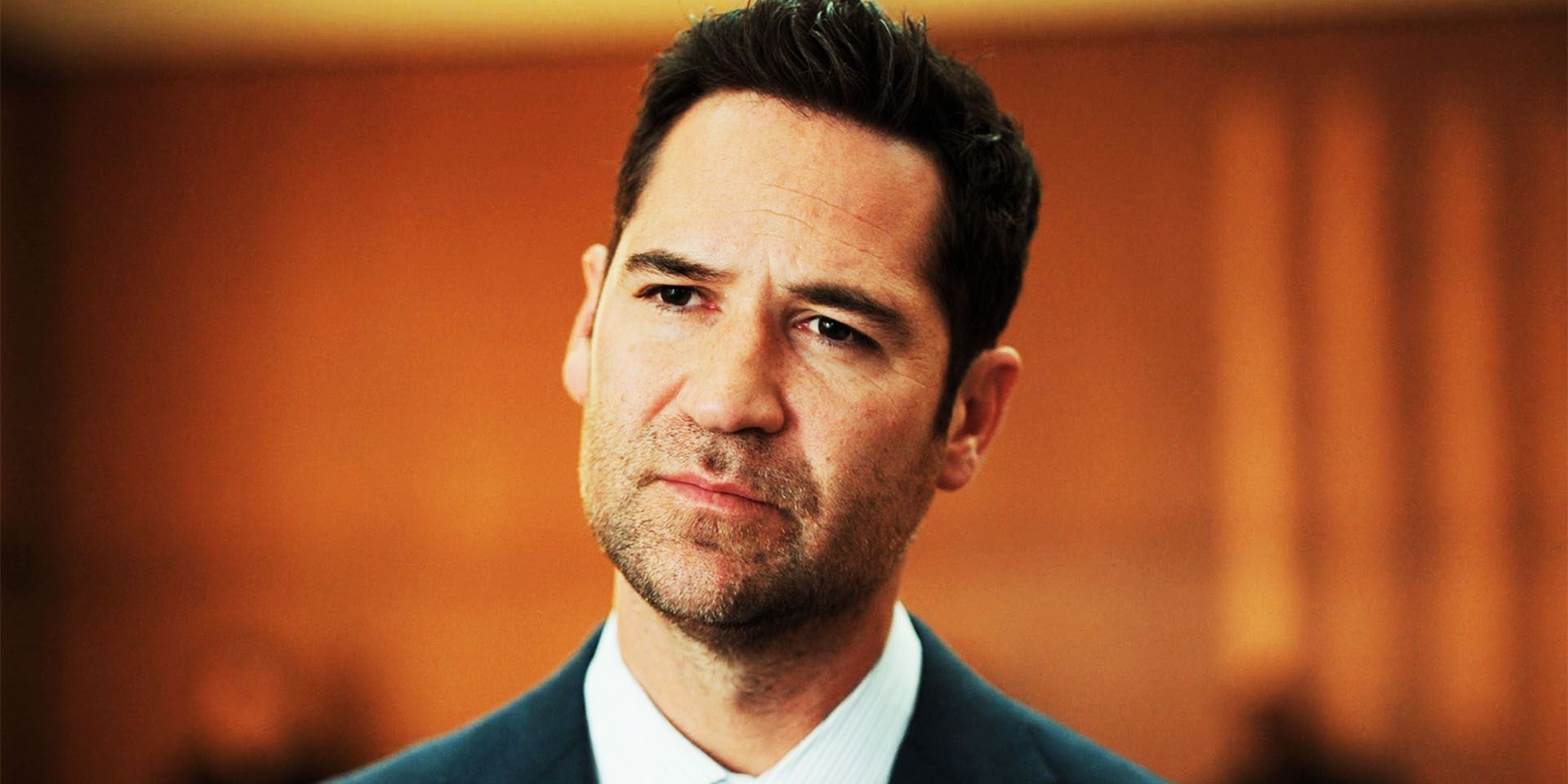The year is 1944. But the remote Italian Alpine village of Vermiglio is a place of timeless rhythms and rituals, unchanged for centuries. There’s a precarious poetry to life in this ice-bound little community: the clear, widescreen drama of the backdrop is a contrast to the darker reality of a brutally high infant mortality rate and perpetual gnawing hunger. It’s a world away from the war consuming the rest of Europe. But then the ragged edges of combat finally reach the mountain: two deserters – Attilio (Santiago Fondevila), a son of the village, and Pietro (Giuseppe De Domenico), a stranger from Sicily – take shelter within the community. Lucia (Martina Scrinzi), the oldest daughter of the stern village teacher, is drawn to the stranger, and a tentative romance blossoms into marriage. But their union sets in motion a string of devastating consequences.
The second feature from Italian director Maura Delpero (her debut, Maternal, was a minor festival success), Vermiglio is exquisite. There’s a rough, earthy tenderness to the picture and a kinship with other recent examples of Italian folk cinema (including Alice Rohrwacher’s work, and Laura Samani’s Small Body). Delpero opts for an unvarnished realism rather than the pagan abandon of some of Rohrwacher’s cinema, but her film shares the sense of exploring a richly realised, self-contained microcosm.
An unprecedented scandal shakes the community midway through the story. It has a seismic impact on the villagers; it also shifts the film-making approach. From the intimate restraint of the early scenes, Delpero’s direction becomes more fractured and abrasive. It’s a remarkable work.
-
In UK and Irish cinemas

 5 days ago
3
5 days ago
3








 English (US) ·
English (US) ·